

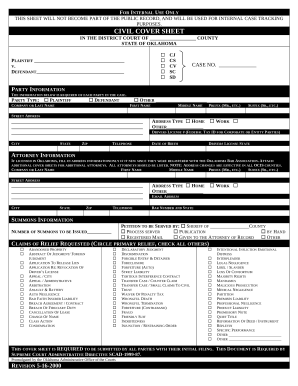
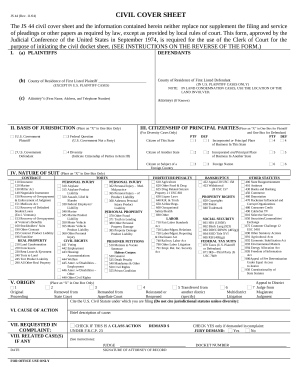
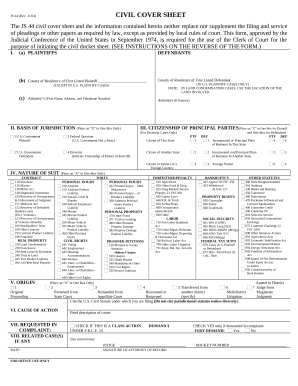

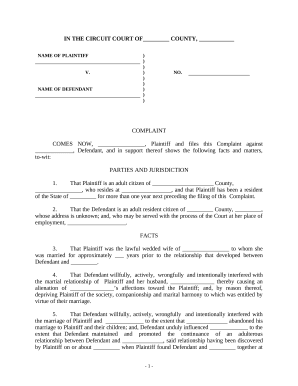
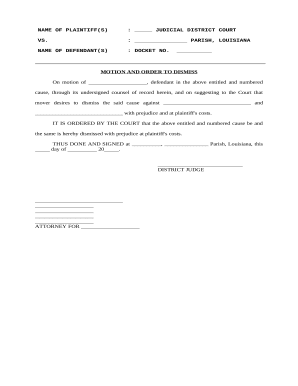
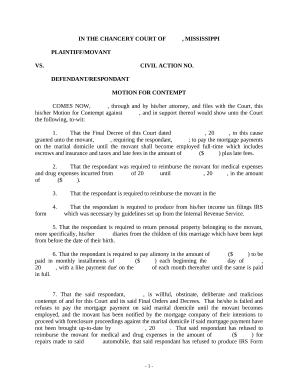
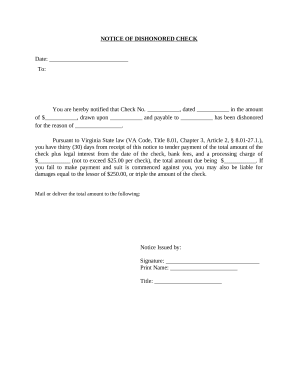
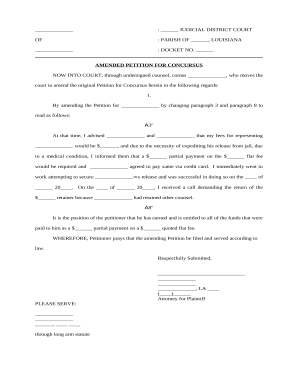

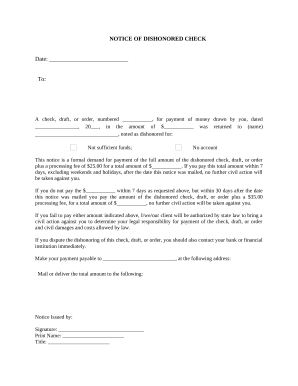
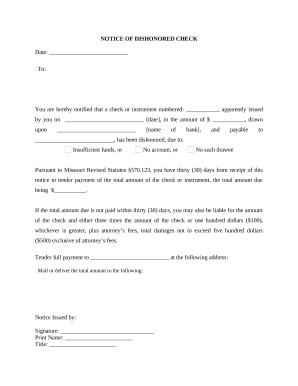
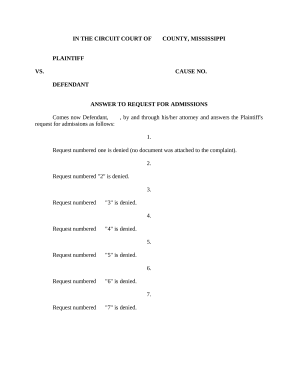
Record management occupies to half of your business hours. With DocHub, it is simple to reclaim your time and effort and improve your team's productivity. Get US Civil Legal Forms online library and investigate all templates relevant to your day-to-day workflows.
Effortlessly use US Civil Legal Forms:
Speed up your day-to-day document management using our US Civil Legal Forms. Get your free DocHub account today to discover all templates.